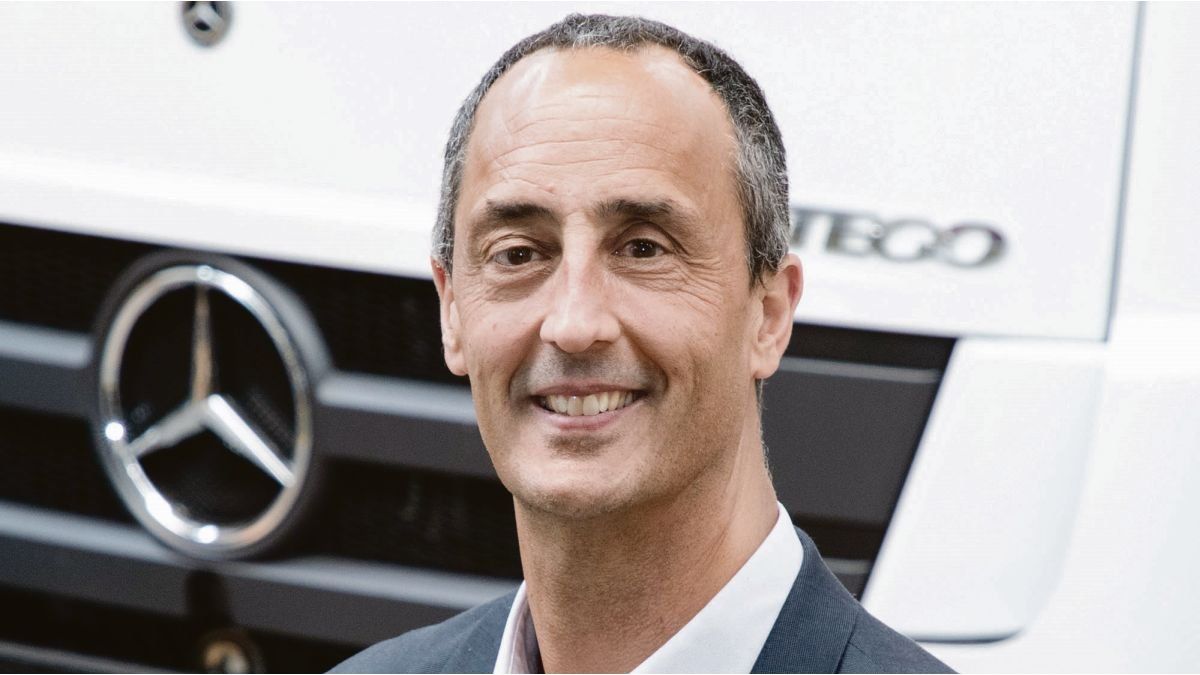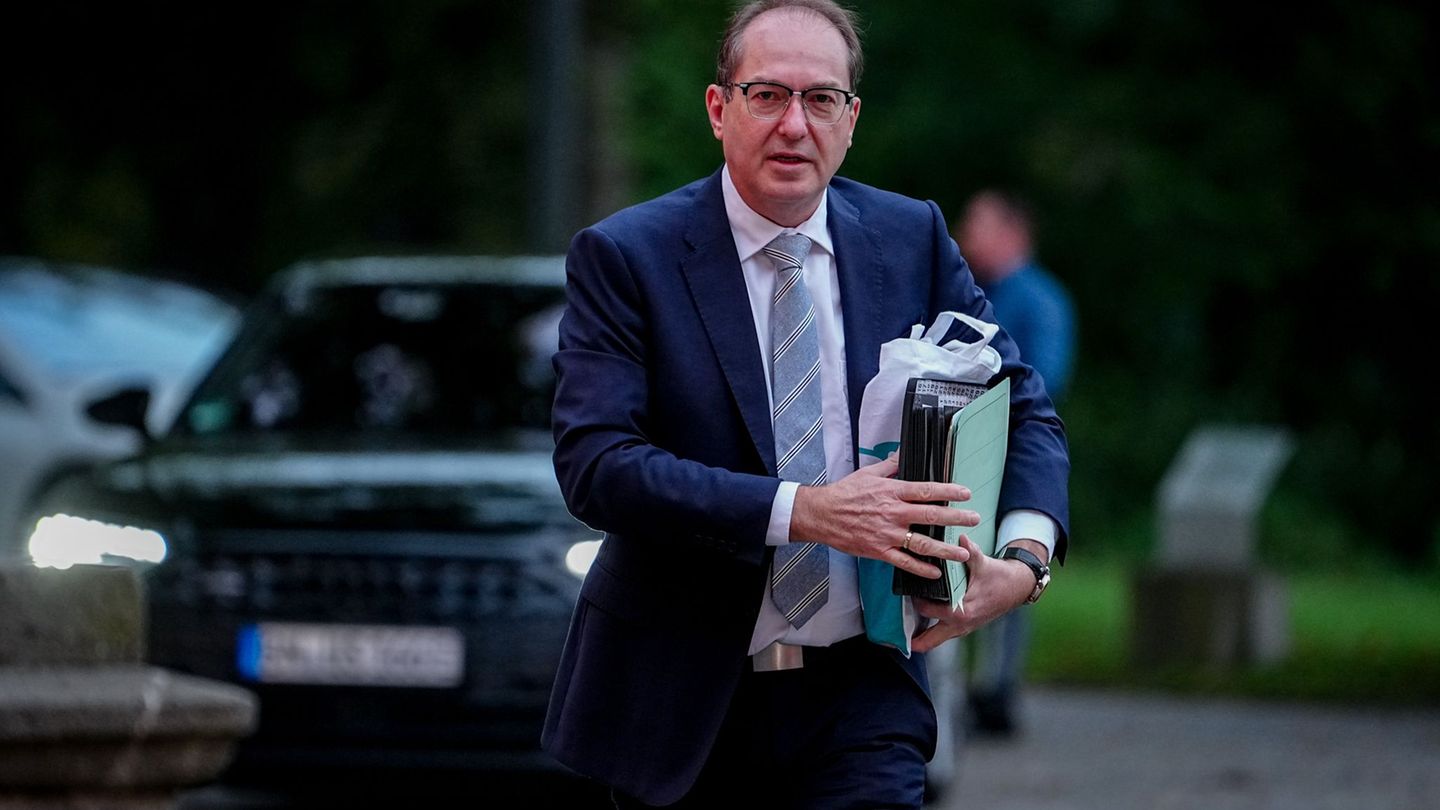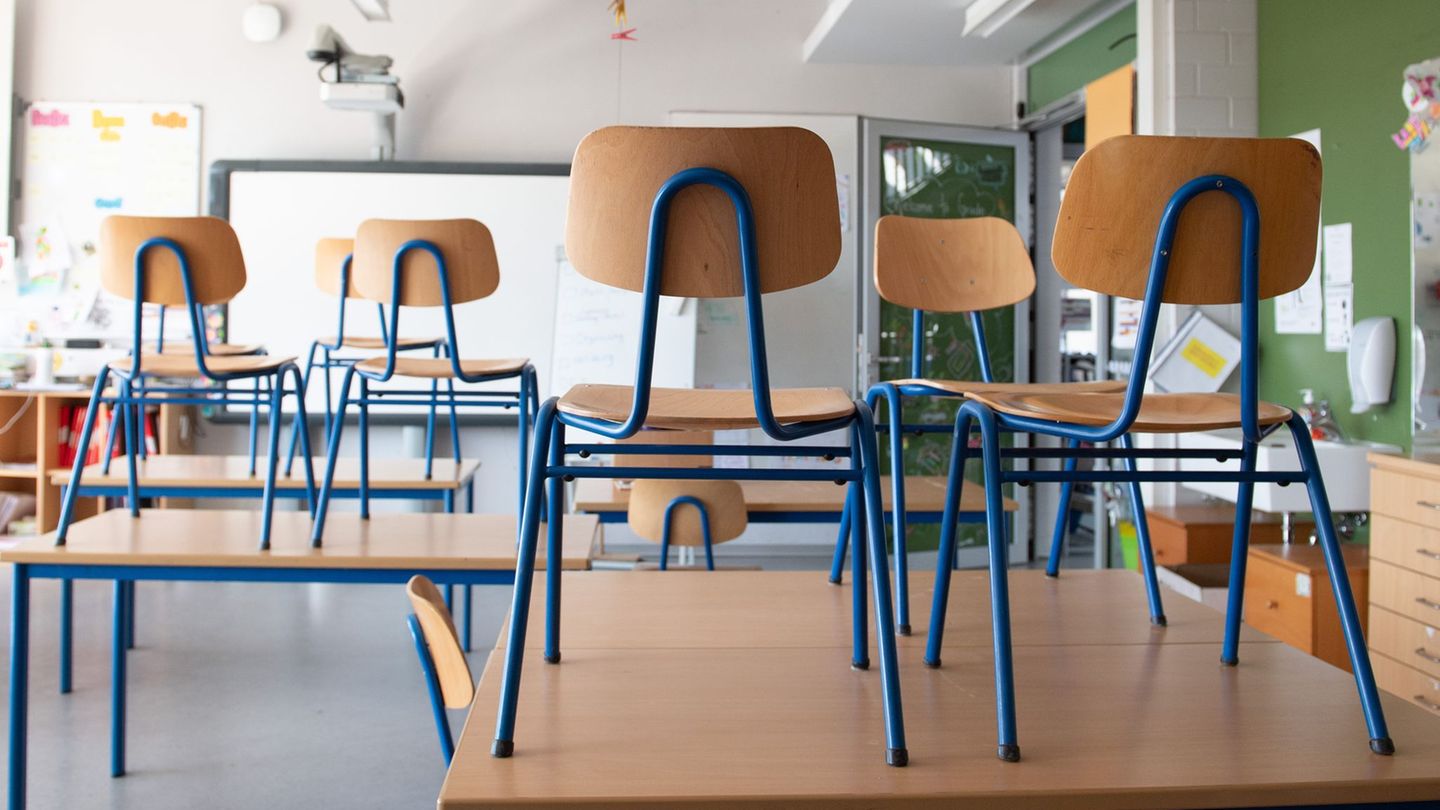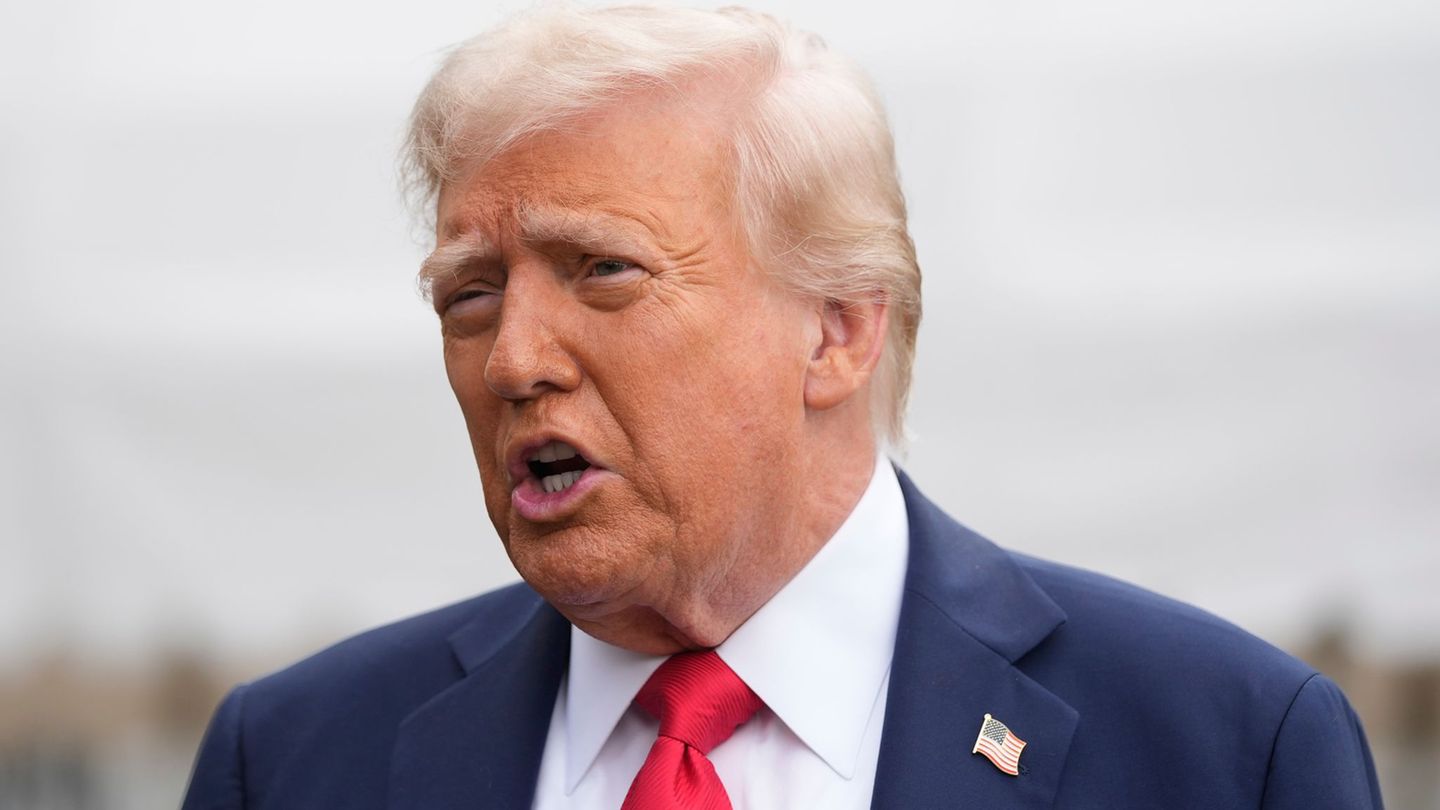On the occasion of the announcement of a strong investment of $50 million for the purchase of a property and construction of a new and independent logistics center for auto parts and spare parts, Raúl Barcesat, President and CEO of Mercedes-Benz Trucks and Buses, a manager with 25 years of experience in the automotive industry, met with Ambit.
Q.: Mercedes-Benz Trucks and Buses is a company belonging to the Daimler Truck AG group. It has managed to complete investments in the country for US$ 50 million in just a few months…
RB: We have been in the country since 1951, exactly 72 years ago. In December 2021, Mercedes Benz split the company into two. On the one hand, the part of cars and vans. On the other, trucks and buses. The fact is that in just eighteen months we had quite a few achievements. The first of them was to set up our own teams. Then, late last year, we announced the purchase of a property in Zárate, province of Buenos Aires, with an investment of twenty million dollars. Today we are investing an additional thirty million dollars for the construction of a logistics center for auto parts and spare parts. This center is large, with internal streets, a dining room, and a parking lot for our employees. The announcement is this second stage of investments and having your own property gives you the possibility to continue planning projects going forward.
Q.: What objectives of a productive nature have been outlined?
RB: In the context that our country is in, the objective is to increase the national production of vehicles. This year, a significant percentage of the buses and trucks will be produced at our factory in Virrey del Pino. We directly employ more than 500 people and indirectly another more than 2,000 distributed in our twenty-four dealerships and more than forty-five points of sale and after-sales. We have various lines that we sell. Currently, the firm locally produces different models of the trucks Accelo and Atego and the OH and OF buses. The idea is that in the second half of next year we can have our own logistics center for auto parts and spare parts. This industrial center will allow us to produce different models and incorporate the latest technologies available in production processes, as well as the installation of new local suppliers with the aim of developing a parts location plan to supply the domestic market and other markets in the region.
Q.: Many automakers have drawn up a clear export plan in Argentina. How is it in your case?
RB: It is important that we export. At the beginning of this year we did the first pilot test. We export eleven chassis to Mexico and we did very well. Today we announce that this week we received a second order of 56 units. It is very good news. Getting into a new market and developing our export profile. It adds to other projects that we have in the pipeline.
Q.: What potential does the Argentine market have and what is the path that can be taken?
RB: I want to first highlight the potential that Argentina has in terms of production. Strictly speaking, if we were to carry out an evaluation, the sector, for example, is at half of the industrial capacity. In what we do, trucks and buses, about twelve thousand units are patented in the country, when in the past we have reached up to twenty-five thousand. Regarding the renewal of units by transport companies, for example, with about forty thousand buses circulating, it is in about four thousand units. I believe that in this market we also need to grow. The internal market must be strengthened.
Q.: How do you think about the strategy at a global level?
RB: The worldwide strategy of our firm is ambitious. In the region, We have two plants, one in Brazil and one in Argentina. The idea was always that they complement each other. If you think that we have some sixty different models, between trucks and buses, the complementation between Argentina and Brazil is relevant. That each country produce something, but that it is also imported and that keeps the balance of trade in balance.
Q.: These are moments of economic definitions, but also of scarcity of foreign currency. How does this impact the business?
RB: The dialogue with the Government is permanent. Many times, we do it through Adefa. We understand that we are all concerned about the same: sustain national production. In our case, we have responsibility for the sources of work, all our people. This makes us flexible on many issues, for example, on import restrictions. But the Government understands that when it comes to vital parts or components, necessary to sustain production, an effort must be made. We know that planning is a good way to overcome any restriction. This is how the world works, with planning. We do the same. A key factor for the future of the industry is predictability because production schedules are handled ninety to one hundred and twenty days in advance.
Q.: In the middle of the electoral campaign, what influence can this have on the projects?
RB: As I told you, at Mercedes Benz we have been in the country for 72 years. Many governments have already passed and many others will do so from now on. The important thing is that we continue thinking about how to grow and contribute to the growth of the country. Dialogue, always, between company, government and unions is key. Argentina has to be part of the world, we must have more growth, employment and production. You have to integrate. There are products that must be imported and others that will be for export. There should be the currency balance. Let it be balanced.
Q.: What proposals would you make from now on to those who think about politics?
RB: As a country we have to learn that it is necessary to be constant over time regardless of who is governing. There would have to be a plan designed for the next 20 years and let it continue. We shouldn’t have big changes. The countries that have grown in recent years have based their strategy on dialogue, but also on planning. There are no big variations. We need it as a country. With predictability, we have everything to grow. There is a dead cow, but there is also enormous potential in lithium and mining. We also have field products with great natural advantages. With teamwork and predictability, we are going to have investments. You have to help people to invest in Argentina. The way to do it is with predictability, but also with fiscal balance. We cannot afford more debt. Not even with the IMF. Nor have high taxes. These are the things that someone who wants to come and invest in the country looks at.
Source: Ambito
I’m a recent graduate of the University of Missouri with a degree in journalism. I started working as a news reporter for 24 Hours World about two years ago, and I’ve been writing articles ever since. My main focus is automotive news, but I’ve also written about politics, lifestyle, and entertainment.




